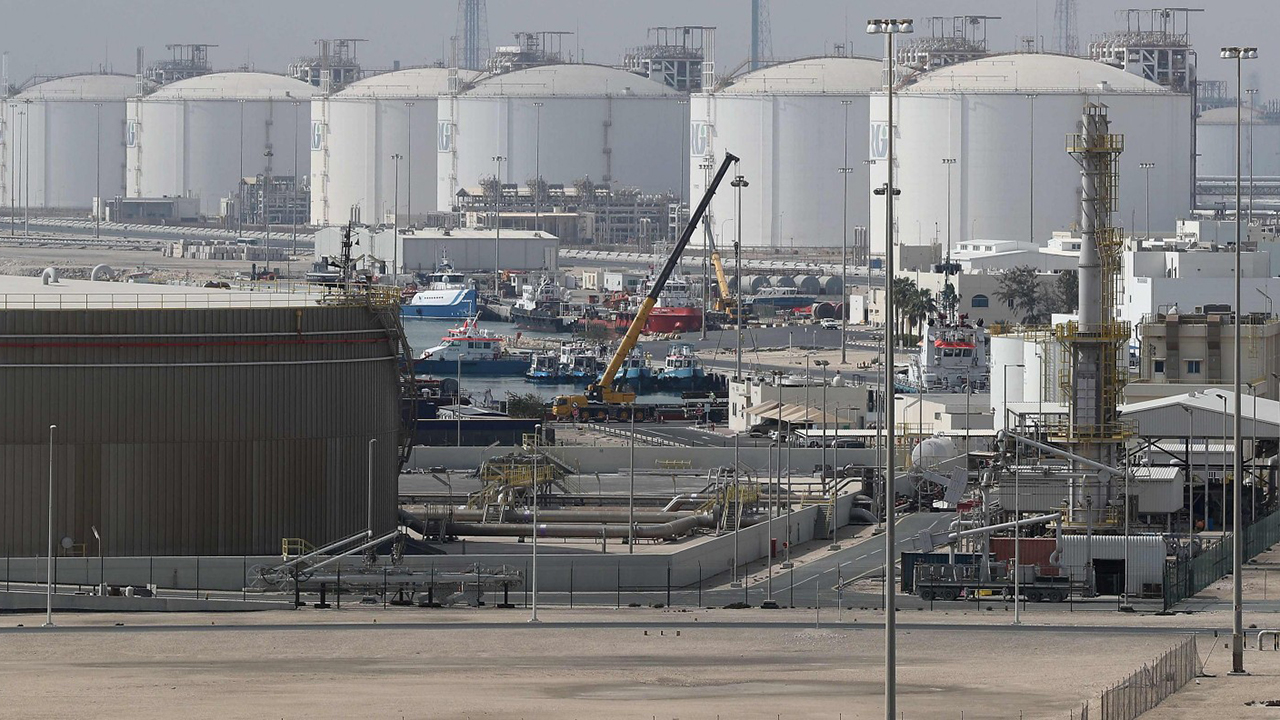Owing to a drop in motel fuel prices, official data on Tuesday revealed that Britain’s annual inflation rate surprisingly slowed to 2.6 percent in June.
The Consumer Prices Index had hit 2.9 percent in May, close to a four-year high, as a Brexit-hit pound raises import costs.
Analysts’ consensus forecast had been for no change in June’s rate.
Despite the drop, British inflation remains well above the Bank of England’s 2.0-percent target.
And the latest reading “has shown that inflation is still high when compared to the likes of the eurozone and the US, and remains a problem”, noted James Hughes, chief market analyst at brokers GKFX.
Britain’s high inflation sits alongside weak average earnings growth in the country, reducing the chances of an interest rate hike from the Bank of England this year, which would mirror the policy of monetary tightening in the United States.
Tuesday’s inflation update “sent the pound sharply lower as currency traders adjusted their outlook for interest rates”, said Ben Brettell, senior economist at stockbroker Hargreaves Lansdown.
Brettell said the slowdown in price rises would help household finances at a time when pay adjusted for inflation was still shrinking.
“If inflation continues to moderate, this could bode well for economic growth,” he added.
“The UK economy is heavily reliant on the consumer, and economists had expected falling real incomes to eventually translate into lower retail sales. If this fails to materialise the economy could see a stronger second half to the year.”
Business Hilights recalls that Britain’s economy has slowed as surging inflation cut consumer spending and raised household debt, causing a headache for the Bank of England on whether to hike rates.








